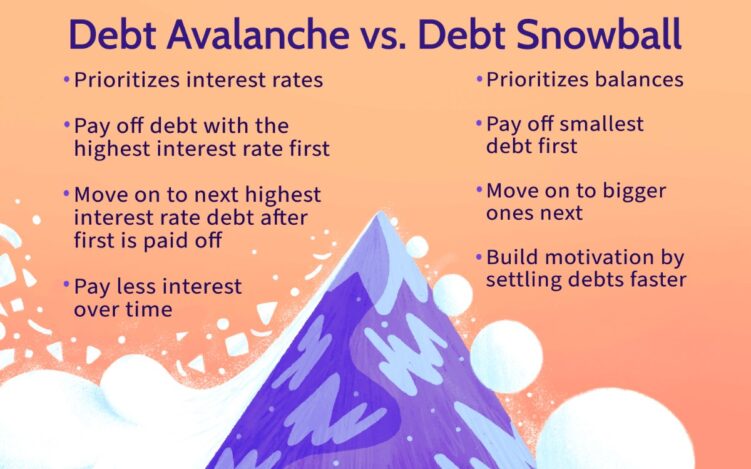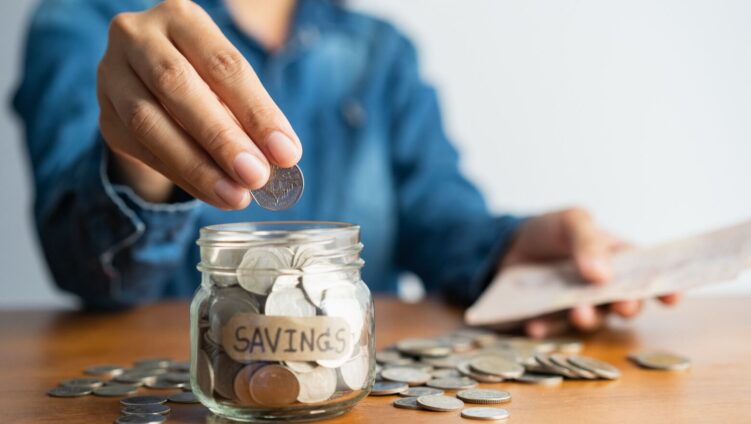Debt repayment is often framed as a matter of increasing earnings, but for many, that’s not an immediate option. The truth is, you don’t need a bigger paycheck to make real progress.
By reorganizing existing habits, prioritizing certain payments, and leveraging strategies that work with what you already have, you can accelerate your debt-free journey.
The following proven approaches show that smart choices, not just extra income, are what make the biggest difference.
Understanding the Power of Awareness
The first and most underestimated step is knowing exactly what you owe. Many people juggle multiple balances without a clear overview, which makes repayment harder than it needs to be. Creating a complete list of debts, credit cards, student loans, personal loans, and even smaller obligations like medical bills, gives clarity.
Using a tool like a Net Worth Tracker can simplify this process. By logging every debt alongside your assets, you gain perspective on how each payment improves your overall financial position. This isn’t just psychological; seeing progress laid out in numbers can keep motivation high when payments feel endless.
Prioritizing Debts With a Structured Method

Not all debts are equal, and deciding which to tackle first is crucial. Two well-known strategies stand out:
- Debt snowball method: Focus on paying off the smallest balance first, regardless of interest rate. This builds momentum and psychological wins.
- Debt avalanche method: Target the debt with the highest interest rate first, saving the most money over time.
Both are effective, but the right one depends on whether you need quick wins to stay motivated or long-term savings to maximize efficiency. Sticking consistently to one method is more important than which one you choose.
Trimming Unnecessary Expenses Without Feeling Deprived
Cutting costs doesn’t have to mean stripping away every comfort. Instead, it’s about being intentional. A few adjustments can free up funds you didn’t realize were available:
- Cancel unused subscriptions that quietly drain your account.
- Cook at home more often instead of relying on delivery.
- Switch to generic brands for groceries or household items.
- Negotiate bills like phone, internet, or insurance, providers often have hidden discounts.
Every dollar you free up can be redirected toward your debt, and over months, the impact compounds.
Creating a Debt Repayment Calendar
Time-based planning helps transform repayment into a structured routine. Instead of viewing debt as a vague, overwhelming obligation, break it down into monthly or bi-weekly targets.
|
Strategy |
How It Works |
Benefit |
| Bi-weekly Payments | Split monthly payment in half, pay every two weeks | Reduces interest and adds an extra payment yearly |
| Payment Reminders | Set automated alerts for due dates | Avoids late fees and credit score damage |
| Debt Calendar Tracking | Log progress visually on a calendar | Keeps you consistent and accountable |
A repayment calendar isn’t just organizational, it creates predictability and keeps you from skipping commitments when life gets busy.
Consolidating Debts for Simplicity
For those juggling several balances, consolidation can be a smart strategy. By rolling multiple debts into one with a lower interest rate, you make repayment both simpler and cheaper. This often comes in the form of a personal loan or a balance transfer credit card.
It’s important, however, to treat consolidation as a tool, not a reset button. Without discipline, it’s easy to free up credit only to build debt back up. When used properly, though, consolidation creates breathing room and accelerates repayment by lowering costs.
Using Found Money Wisely

Not every payment toward debt has to come from your regular paycheck. Occasional “found money” like tax refunds, rebates, or even gifts can make a surprising dent if applied directly to balances.
Instead of using these windfalls for quick splurges, redirecting them toward high-interest debt amplifies their value. Even a single extra payment in a year can shave months off your repayment timeline. Think of these as “bonus attacks” against your debt that speed up long-term progress.
Paying only the minimum is a trap designed to keep you in debt longer. Credit card companies structure minimums to cover interest and only a sliver of the principal. For example, a $3,000 balance at 18% interest with a 3% minimum payment could take over a decade to clear.
The strategy is simple: always pay more than the minimum, even if it’s just a little. Those small extra amounts compound into big time savings.
Reframing Debt Repayment as a Lifestyle
Debt repayment is not a sprint but a shift in how you view money. It requires reshaping daily choices, much like adopting healthier habits. Start asking questions before every purchase: Do I need this? Could this money work harder against my debt?
When repayment becomes part of your identity, something you actively prioritize, you naturally start cutting unnecessary spending and seeking progress in small, sustainable steps. Over time, this mindset creates long-term stability and keeps you from slipping back into debt after you’re free.
Leveraging Accountability and Support

Going at it alone can make the process harder. Accountability from trusted friends, financial communities, or even online forums keeps motivation alive. Sharing your debt goals and progress creates both encouragement and gentle pressure to stay consistent.
If sharing numbers feels uncomfortable, set up smaller accountability structures. For instance, update a close friend monthly on your progress, or use online tracking apps that remind you of milestones. Knowing that someone, or something, is monitoring your commitment makes you less likely to skip payments or overspend impulsively.
Building Momentum Without Extra Income
Paying off debt faster doesn’t always require earning more, it requires working smarter with what you already have. By tracking balances, prioritizing strategically, cutting costs, using repayment calendars, and reframing debt as a lifestyle shift, progress becomes not only possible but sustainable.
Debt freedom isn’t about drastic sacrifices or waiting for a bigger paycheck, it’s about consistency, awareness, and making each financial choice count. The earlier you start applying these strategies, the faster your balances shrink, and the sooner you reclaim control over your financial future.




